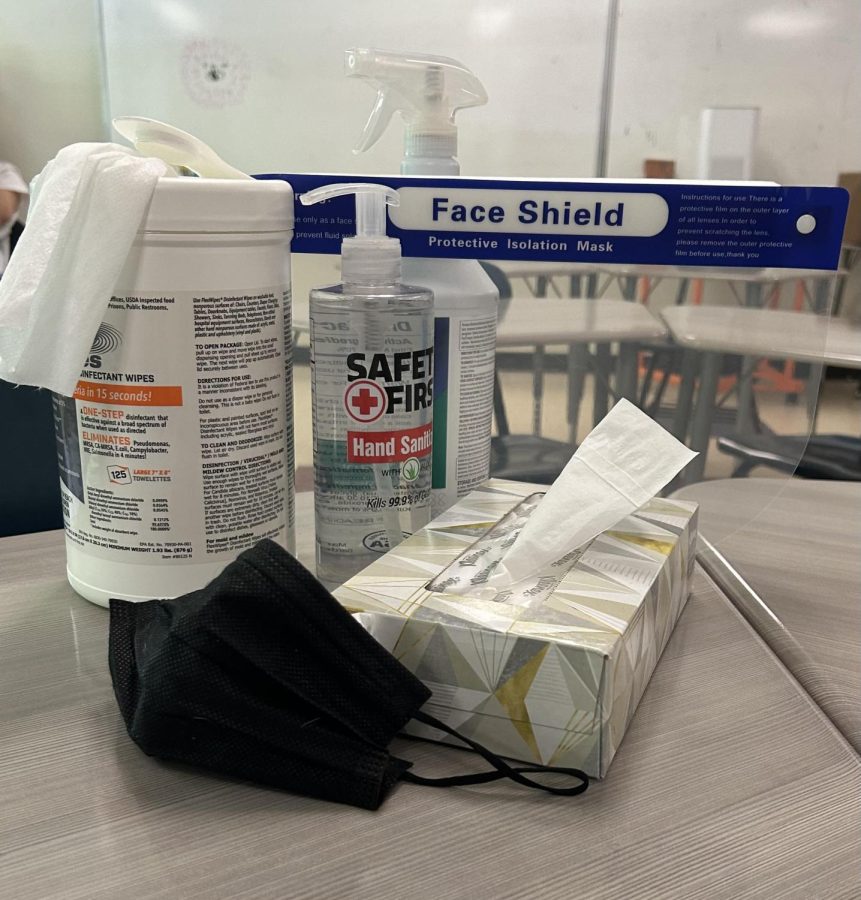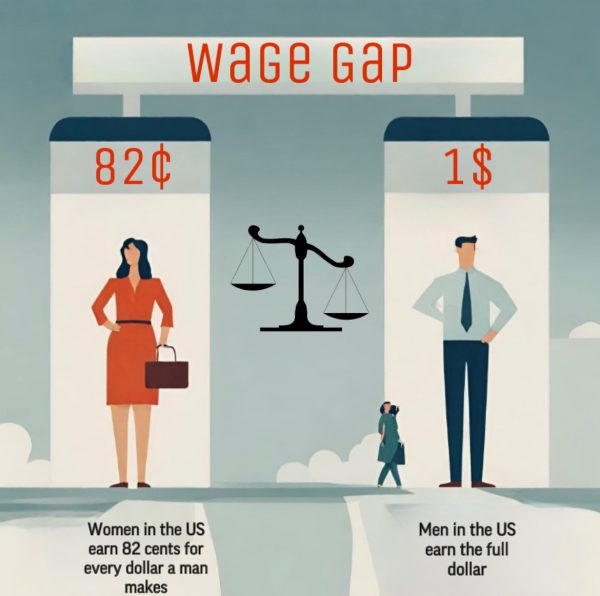COVID-19 Health Emergency Ends
Daily life during the COVID pandemic
On May 11, 2023, the COVID-19 public health emergency came to an end. A pandemic that caused “more than three years of social disruption, at least 6 million hospitalizations, and 1.1 million U.S. deaths” was declared no longer an emergency (NPR). This decision has impacted the United States in many ways. But what does this mean for the Hamilton-Wenham school district?
According to Lea Tabenkin, the school nurse here at HWRHS, the end of the COVID public health emergency means that the government is no longer going to fund free covid tests or free vaccinations if people have health insurance, although “The White House says people without insurance will still be able to get free COVID-19 vaccines…through 2024” (NPR).
The decision also impacts local procedures at HWRHS. As a nurse, Tabenkin said she is not required to wear a mask in her office anymore, although she “would probably wear one if someone [was] sick.”
Some people are worried that this emergency ended too soon with the fear of people being less cautious, leading to more COVID outbreaks (NPR). Dr. Marcus Plecia, a chief medical officer of the Association of State and Territorial Health Officials, states, “COVID-19 is still a significant problem, but emergencies can’t go on forever.” He goes on to say, “I think we’re living in a place where we’re treating COVID similar to flu”(NPR).
In regards to the timing of this decision to end the health emergency, Tabenkin said, “I think it’s a good time because we aren’t looking at [it like] when someone gets COVID it’s the end of the world…we are looking at it like it’s just a cold.”
Although COVID restrictions are loosened, Tabenkin said it doesn’t change what people do if they get COVID. People will still need to be isolated because they can still spread the virus. But the ending of this emergency may lead to people taking their illness less seriously. The implication that covid testing and isolation are no longer necessary may result in a rise in COVID cases.
Although this decision will impact many procedures by loosening regulations, it is important to remember that the virus is still a threat, if not deadly, and should still be treated with care.
Gillian Horner is a sophomore at HWRHS and a student journalist for The General Consensus. Writing has always interested Gillian, and she thought journalism...
Clare O’Toole is a freshman at HWRHS and joined the General Consensus recently. Clare wanted to try journalism because she always wanted to write for...














